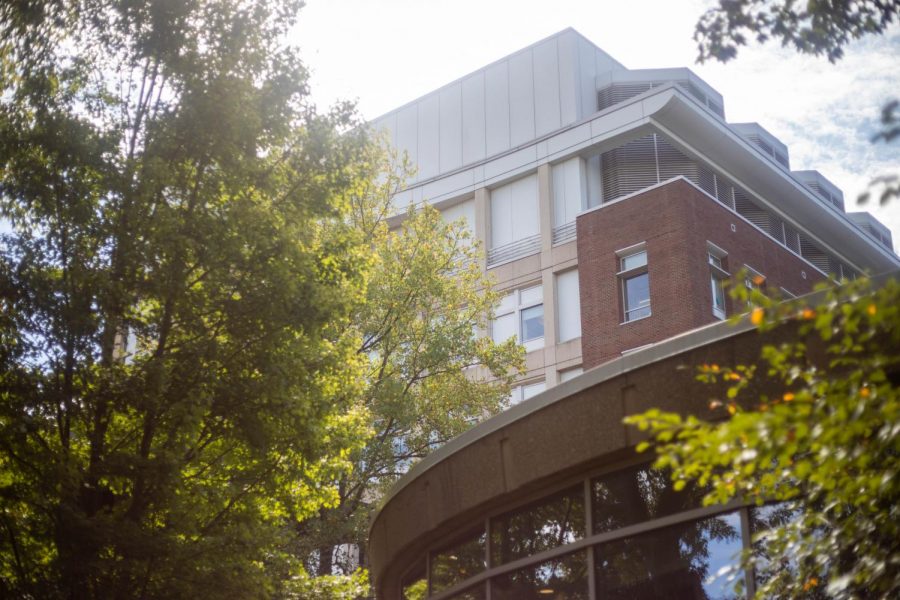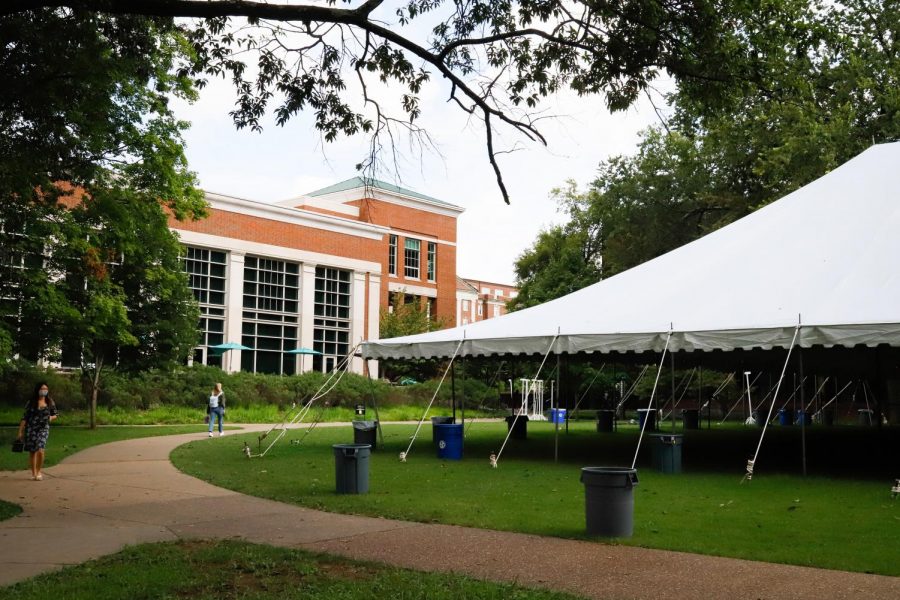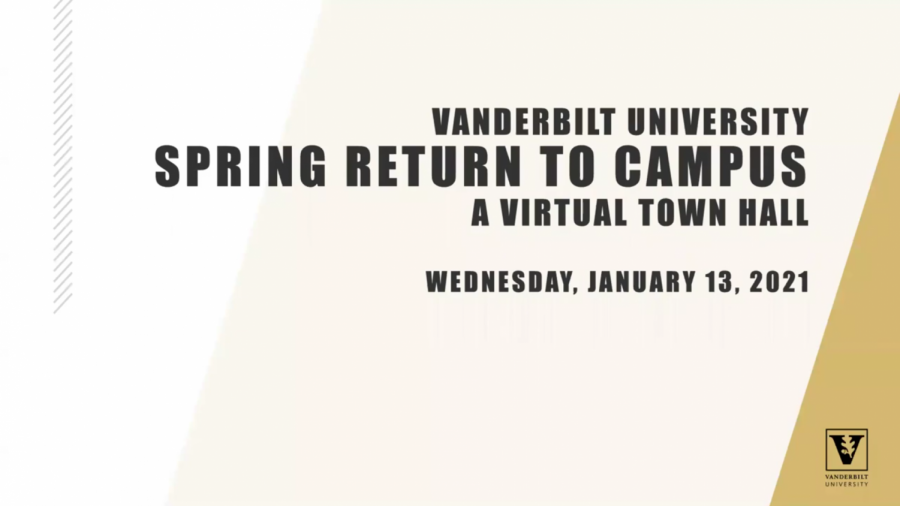The volatility of our current situation combined with the unfortunate realities of the job market and graduate school means that the only morally and logically justifiable option is for undergraduate courses to be universally graded Pass/Fail. While Vanderbilt’s fast action towards preventing spread of COVID-19 on campus has been commendable, the administration has made a shortsighted decision in giving students a Pass/Fail option for all classes. This is insufficient and puts undue pressure on the students most affected by a time of crisis.
At the moment, the university administration is telling students that their choice to have their courses graded Pass/Fail will not negatively impact their fulfillment of degree requirements. This ostensibly gives students who are most affected by the current emergency the choice to receive credit for their hard work this semester without having to be graded alongside students who are fortunate enough to be less affected.
The reality of the situation is that students have aspirations far beyond a Vanderbilt degree.
Many want to go to law, medical or other graduate schools. Many others want to pursue careers in competitive fields such as finance, engineering and consulting, among many others. These students know that their transcripts will be closely scrutinized.
Opting to take a class Pass/Fail is, under typical circumstances, an implicit admission that a student is less confident in their abilities in that class. It is generally accepted that a class taken Pass/Fail is a blemish, or at least a question mark, on a student’s transcript.
I’m sure that some job recruiters and graduate school admissions officers will be reasonable enough to understand taking classes Pass/Fail under these circumstances. But it’s wishful thinking to imagine that all will act this way. It’s almost certain that some will interpret Pass/Fail as a sign of weakness or inability to adapt to adverse circumstances. Indeed, Vanderbilt’s Health Professions Advisory Office told students that “Until recommendations come out from the AAMC and/or medical schools, however, we would advise students to proceed with the graded courses.”
The Vanderbilt administration is giving students a choice. Receive inequitable letter grades that do not acknowledge how much individual students are impacted by both the COVID-19 pandemic and dramatic shift in learning environment; or take classes Pass/Fail and subject themselves to potential discrimination from employers who may think they’re taking “the easy way out”.
This might add another layer of administrative complexity, but a solution is needed now, so that students don’t have yet another challenge to grapple with in this time of uncertainty. “As colleges and universities have begun to impose similar temporary grading policies for this semester, graduate and fellowship programs have signaled that they will accept [Pass/Fail] grades if they were instituted for all students. Their flexibility is less certain in any grading system that retains the option for a letter grade,” said Harvard’s Dean of the Faculty of Arts and Sciences Claudine Gay in her rationale for making Harvard’s semester universally Pass/Fail. Other preeminent universities such as Stanford, MIT, and Columbia, to name a few, have already made classes universally Pass/Fail for the reasons similar to those outlined above. The choice is clear. For the sake of its students, it’s time for Vanderbilt to do the same.
Jake Karetsky is a sophomore majoring in Economics and can be reached at [email protected].










